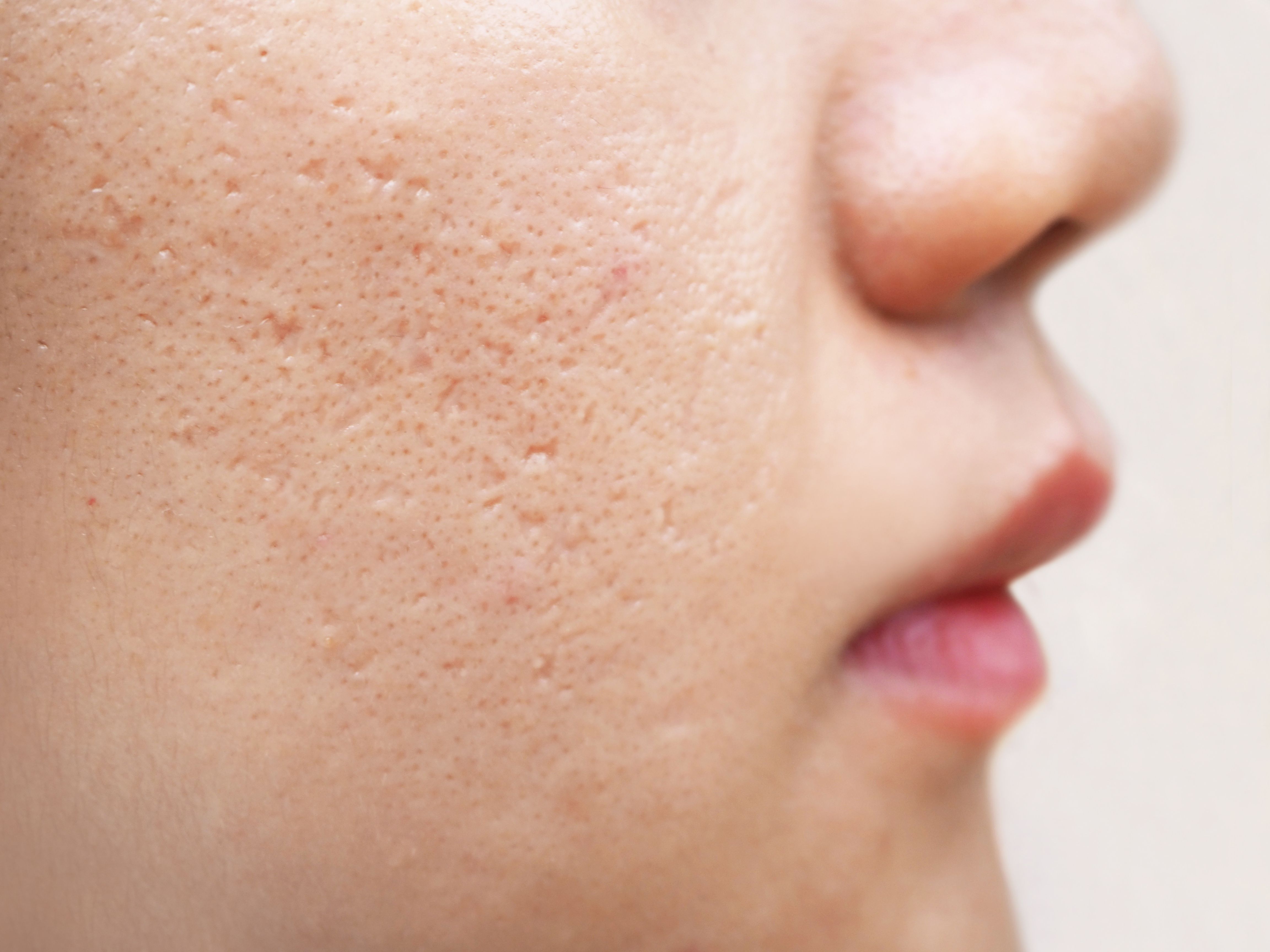- Acne
- Actinic Keratosis
- Aesthetics
- Alopecia
- Atopic Dermatitis
- Buy-and-Bill
- COVID-19
- Case-Based Roundtable
- Chronic Hand Eczema
- Chronic Spontaneous Urticaria
- Drug Watch
- Eczema
- General Dermatology
- Hidradenitis Suppurativa
- Melasma
- NP and PA
- Pediatric Dermatology
- Pigmentary Disorders
- Practice Management
- Precision Medicine and Biologics
- Prurigo Nodularis
- Psoriasis
- Psoriatic Arthritis
- Rare Disease
- Rosacea
- Skin Cancer
- Vitiligo
- Wound Care
News
Article
Physicians Should Prepare for Potential Acne Vulgaris Misinformation Correction, Report Says
Author(s):
Social media misinformation related to acne vulgaris may require clinician intervention when discussing treatment with patients.
Due to the risk of misinformation being spread via social media, clinicians treating patients with acne vulgaris should be prepared to correct this misinformation, according to a study published in the Journal of Cosmetic Dermatology.1
Furthermore, researchers noted that clinicians play a crucial role in creating proper awareness and disseminating accurate information related to skin treatment.
Background and Methods
A 2020 study published in Dermatology Therapy reported that 65.4% of patients who had applied to a dermatology outpatient clinic utilized social media to learn more about their condition(s).2
According to researchers of the present study, Ünal et al, patients often turn to social media and the internet for diagnosis of symptoms, information, and treatment alternatives. They also referred to another study that demonstrated that the chronic nature of acne vulgaris may lead more patients to turn to social media as a source of education and ideas for symptom relief.
Researchers therefore conducted the cross-sectional study between February and April 2021 with the goal of assessing how often patients with acne vulgaris use social media, including details as to which platform(s) they use and why.
Findings
In total, 481 patients with acne vulgaris and who were at least 14 years of age and older were included in the study.
A higher percentage of male patients (85.8) reported using the internet and social media for acne vulgaris-related inquiries compared to female patients (74.1%), despite females making up 60.1% of respondents.
Younger patients aged 13 to 18 years were reportedly the most active age demographic online, with 86.2% of patients frequently or sometimes using the internet and social media for acne vulgaris-related information. Approximately 80.3% of patients aged 26 years and above and 70.6% of patients aged 19 to 25 years of age reported use of social media for information related to their acne.
Single patients were more likely to use the internet and social media (81.9%) compared to married individuals (69.3%).
Patients with acne graded at severity 2 of 4 were more likely to use online resources (85.7%) compared to those with more severe acne graded at severity 4 of 4 (57.9%).
Those with acne primarily on the face were the most active users of online platforms for acne information (83.6%), as were patients in the early stages of acne as defined by 2 years or less with acne (82.9%).
YouTube was defined as the most popular platform among patients, followed by Google, Twitter, Facebook, and Instagram. Patients commonly searched for information on doctors, medications, acne-related information, and complementary and alternative medicine. Most patients (98.4%) shared information seen on social media with their doctors, and only 15.1% trusted online medical advice completely, while 69.6% preferred to be examined in person despite finding online advice useful.
Conclusions
"Recently, social media has become a popular source of health information for all individuals. Patients may be influenced by the information they obtain on social media and the internet and use unsafe medications, and try different treatment models without consulting a doctor," wrote Ünal et al.
Potential limitations of the study include its single-center nature and a lack of measurement of patients' knowledge of acne vulgaris or its adverse effects.
"Patients should be informed about the dangers of social media, they should be informed about the harms caused by drugs used without a prescription and without a doctor's recommendation, and physicians should be encouraged to use social media and the internet more actively," according to researchers. "We hope that our study will raise awareness on the subject for physicians."
References
- Ünal BÜ, Demirbaş A, Erdoğan BG. Social media use as a source of information by acne vulgaris patients. J Cosmet Dermatol. July 17, 2024. https://doi.org/10.1111/jocd.16477
- Gantenbein L, Navarini AA, Maul LV, Brandt O, Mueller SM. Internet and social media use in dermatology patients: search behavior and impact on patient-physician relationship. Dermatol Ther. 2020; 33(6):e14098.
Newsletter
Like what you’re reading? Subscribe to Dermatology Times for weekly updates on therapies, innovations, and real-world practice tips.












